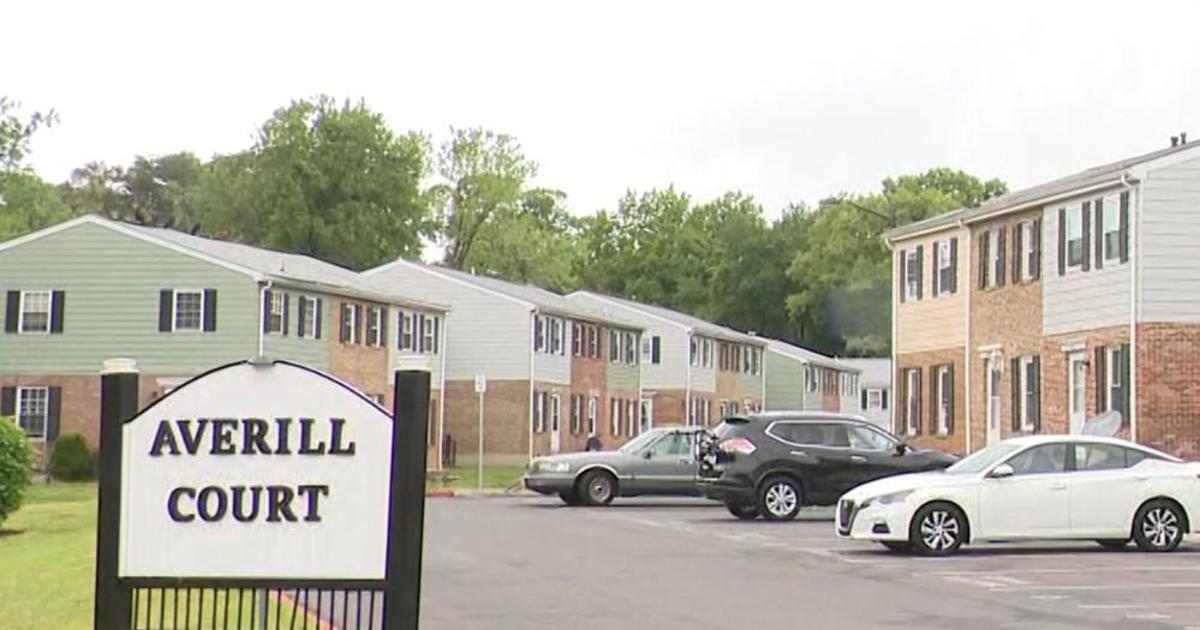Staying Active And Involved May Decrease Risk Of Heart Disease In Retirement
Fueled by the Baby Boomers, who were born between 1946 and 1964, America has more retirees than ever before.
The U.S. Census Bureau estimates that over the past decade, nearly 10,000 people turned 65 — the typical retirement age — every single day. By 2030, even the youngest Boomer will hit that milestone.
While many people thrive during retirement, others struggle with the transition, both mentally and physically. Heart disease, the number one cause of death for Americans, is of particular concern.
A 2012 study of people 50 or older found a higher risk for cardiovascular disease in the period shortly after retirement than those who remained working.
And a Harvard School of Public Health study of more than 5,000 born between 1900 and 1947 people found retirees were 40% more likely to have suffered a heart attack or stroke than people still in the workforce.
On the other hand, other retired people report excellent health. For example, a study of Dutch citizens reported men who retired early were 2.6% less likely to die over the next five years than those who continued clocking in.
What accounts for the difference?
According to Steven Houser, the director of the Cardiovascular Research Center at Temple University's Lewis Katz School of Medicine in Philadelphia, some people are in good health and eagerly anticipate retirement. For others, declining health may be the reason they no longer work.
Household finances also play a role. Houser pointed out retirees with plenty of money might have a vastly different experience than those struggling to make ends meet. "If you're living on social security and you have financial obligations, that's stressful," he said.
Indeed, chronic stress can play a role in high blood pressure, obesity, diabetes and heart disease.
He emphasized the importance of proactively treating signs of heart disease, such as high blood pressure, elevated cholesterol or Type 2 diabetes.
"By the time you reach the age of 70, you're highly likely to have multiple cardiac risk factors," he explained. "You can mitigate them to a certain extent, but the older you get, the more likely you are to get sick."
"That doesn't mean retirement makes that sickness worse," he added. "It could make it better."
What's the trick to retiring well? Staying active is crucial, said Russell Luepker, a professor emeritus, division of epidemiology and community health at the University of Minnesota, School of Public Health.
He speculated many retirees may put on weight because they aren't getting the same amount of physical activity as they might have while working.
Obesity is a risk factor for conditions such as high blood pressure and elevated cholesterol, which can increase the chances of heart attack and stroke.
"The data is really strong that physical activity is related to wellbeing," Houser said. "All the things you tell people to do when they're 20, 30 and 40, they should be doing when they are 70 and 80, if they can."
That doesn't apply to just exercise. While Luepker no longer sees patients, he continues to teach a class. And although the COVID-19 pandemic has limited in-person visits, he and his wife have weekly virtual get-togethers with friends and family via videoconference. He also spends more time with his 15-year-old grandson, sometimes helping him with homework.
"If you're going to have a successful retirement, you have to have plans and think about what you want to do," he said. "Just sitting around watching TV and eating and drinking is not the best plan."
He urged other retired folks to "pay it forward" by mentoring younger people and volunteering with organizations they support. A 2009 study published in the Journal of Occupational Health Psychology found that those who continue working in some capacity enjoy better health than those who step back entirely.
By the same token, a recent analysis of the Health and Retirement Study, a survey of about 20,000 Americans, determined people without a strong sense of purpose were more likely to die than those without one.
"It keeps you intellectually involved," Luepker said. "Retired people have enthusiasm and energy, and they have years yet to go."



